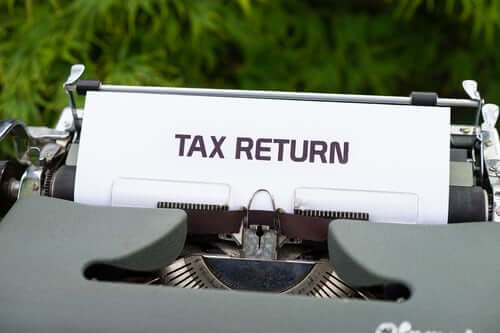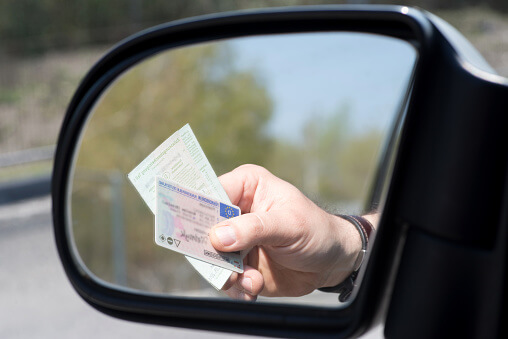If you an expat you are subject to pay taxes in the Netherlands to the Belastingdienst. The term income tax, familiar among most of the working folks, refers to a type of tax that governments impose on income generated by businesses and individuals within their jurisdiction.
Taxes in The Netherlands
Say, if you are making money in America you have to pay taxes to the American Government and same as that if you are working in Netherlands you have to pay taxes to the Government of Netherlands.
But why we have to pay the government our hard-earned money? Being a responsible citizen of any nation its our duty to pay income tax since these taxes are used by the government for carrying out various welfare and development schemes. If you are a newbie in the field of taxes, this article will do wonders for you.
The Dutch Tax and Customs Administration (Belastingdienst)
Belastingdienst is responsible for collecting taxes and social security contributions in the Netherlands. In the Netherlands, the fiscal year runs from 1 January to 31 December. The time frame for submitting income tax returns is from 1 March until 30 April. Better get it done 2-3 days before the deadline.
If you have been employed in the Netherlands, payroll tax is withheld from your salary each month. If your salary is €100,000, then the income tax due on your salary is €42,000 and the payroll tax on salary will be €42,000 leaving a balance = €0. You must keep in mind, if you received income which hasn’t been taxed, you are legally obliged to request a form and at least file a tax return.
There are three different types of taxable income which is classified in boxes and each has its own tax rates. To calculate your taxable income, you need to aggregate your income in the three boxes, which are, income from work and homeownership, financial interests in a company, savings and investments.
You must be wondering on what types of incomes you have to pay taxes. You have to pay taxes on salary and tips, business profits, benefit, pension, annuities, and maintenance payments and income earned as a self-employed, freelancer, artist, or professional athlete.

How to File your Income tax return in Netherlands
You can file your taxes online via the Belastingdienst website. However, this program is only available in Dutch and you will first need to apply for a DigiD. The Belastingdienst focuses on digital communication. Activate your online account at MijnOverheid.nl in order to access your messages. To use this service, you must first have a DigiD.
If you are an expat, you can take help from a tax accountant or adviser who specialise in expat and international tax issues. Please keep in mind that if you do not already have a DigiD account, it can take a few weeks to arrange this. So, you cannot leave it to last minute. If you arrived in or left the Netherlands in the course of the year, filing a tax return may be particularly advantageous.
After submitting a tax return, you will receive a preliminary assessment from the tax authorities. It takes between 6 to 12 weeks after the return has been submitted. In the case of an M form, it can take up to 24 weeks before the assessment is made.
The preliminary assessment is simply an estimation. Once tax authorities have checked the return, you will receive a final assessment along with payment or refund details and you are good to go!!!
There are some important things to notice about Tax system in Netherlands. Visit, What are the things you must know about Taxes in Netherlands




